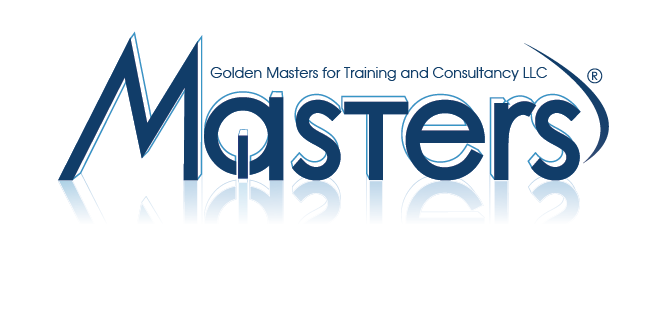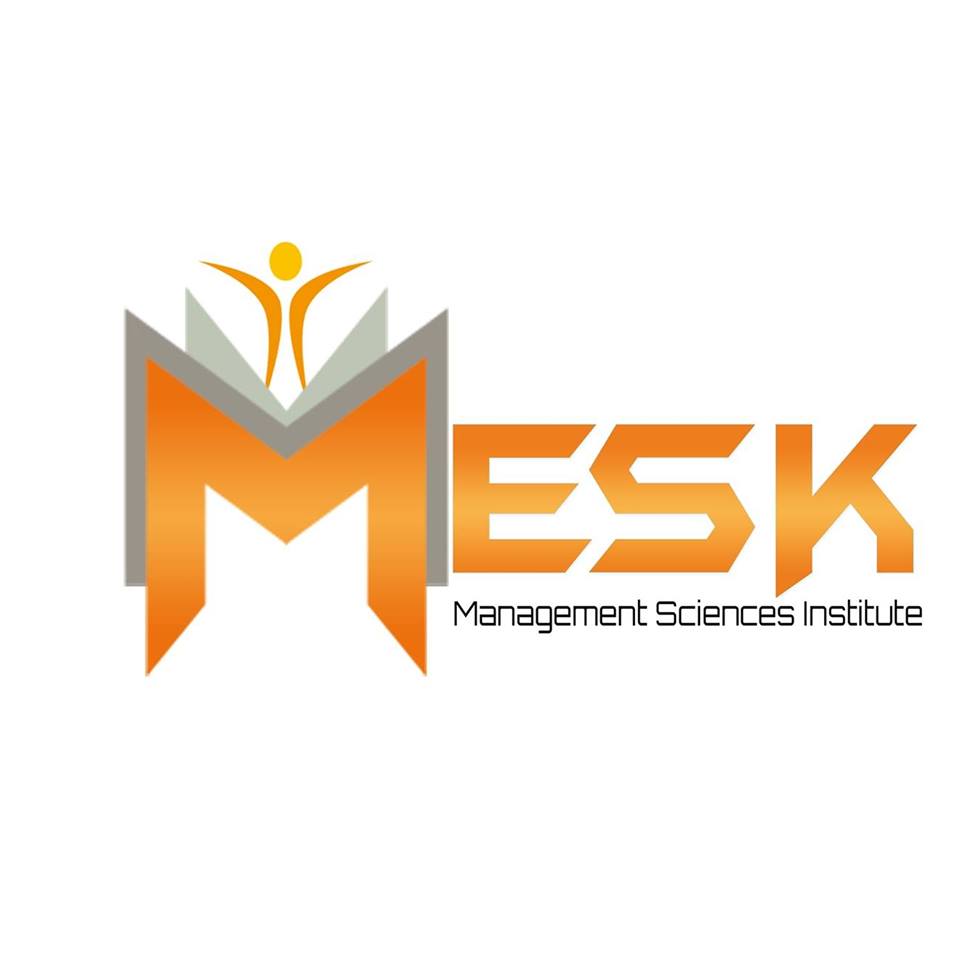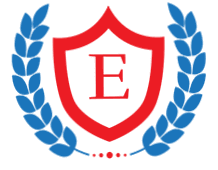Workshop Overview:
The modern accountant works in an environment of continuous change. Their role has been irrevocably changed by the twin impacts of globalization, which has created a worldwide marketplace with a new level of competitiveness for every business, and improved and cheaper technology, which has made the recording, processing and reporting of financial information less expensive.
The accountant of today is an active member of the management team of the business, not merely a score-keeper. A broad scope of training, experience and skill is required for the modern accountant to succeed.
Accounting is an information system. Today's effective accountant communicates a story about what has happened in a business to the users of financial information, so that these users may make decisions on the efficient allocation of resources. The users may be the internal management of the business or others outside the business who has a need to understand developments within it.
The skill with which the accountant tells the story will determine the quality of decisions made by those both within and without the business, and, ultimately, its success or failure.
In this workshop, you will learn:
- Where the information to tell the story comes from
- How this information is assembled into a meaningful story
- How to use analytical tools to enhance the story
- How the information you provide can lead to effective resource allocation
- How financial information may be used for predictive purposes
- How recent change has affected information flow and decision making tools.
Course Objective
WORKSHOP OBJECTIVES
- Understand the sources of information in the business
- Examine how this information is organized, classified and presented
- Utilize effective analytical tools to understand the business
- Participate fully in the management of their business
- Critically review the financial and other management systems of their business
- Understand how change has impacted the role and effectiveness of the accountant in business
TRAINING METHODOLOGY
You will learn by active participation during the workshop through the use of exercises, case studies, questionnaires, syndicate and group discussion, and discussions on "real life" issues in their organisations.
Who Should attend?
Beneficial to all employees working in a financial environment and anyone who wants to gain an insight into the role of an accountant, or who aspires to this position as part of their continuing development
Course Outline
DAY 1 - Accounting is an information system
- Sources of information
- Users of financial information
- Users requirements for information
- Information flow in a business
- Quality of information
- Differences between financial and management accounting
DAY 2 - Financial Reporting
- Internal and external reporting
- What the Income Statement tells us about profitability
- What the Balance Sheet tells us about financial strength
- Purpose and use of the Cash Flow Statement
- Using financial ratios to enhance our understanding
- Employing other financial analysis techniques
- Interpreting results and making comparisons between businesses
DAY 3 - Management Reporting
- The emphasis on the customer and the external environment
- Developments in Management Accounting and Reporting
- Timing and accuracy of data collection and reporting
- Benchmarking
- The balanced scorecard
DAY 4 - Planning, Budgeting and Forecasting
- The relationship between long and short-term planning
- Strategic planning
- Use of budgets for managing resources
- Preparing a departmental budget
- Basic forecasting techniques
DAY 5 - Product Costing
- How we classify costs and set standards
- Different costing methods used in business
- Absorption costing
- Standard costing
- Activity-based costing
- Comparing actual performance with the budget





